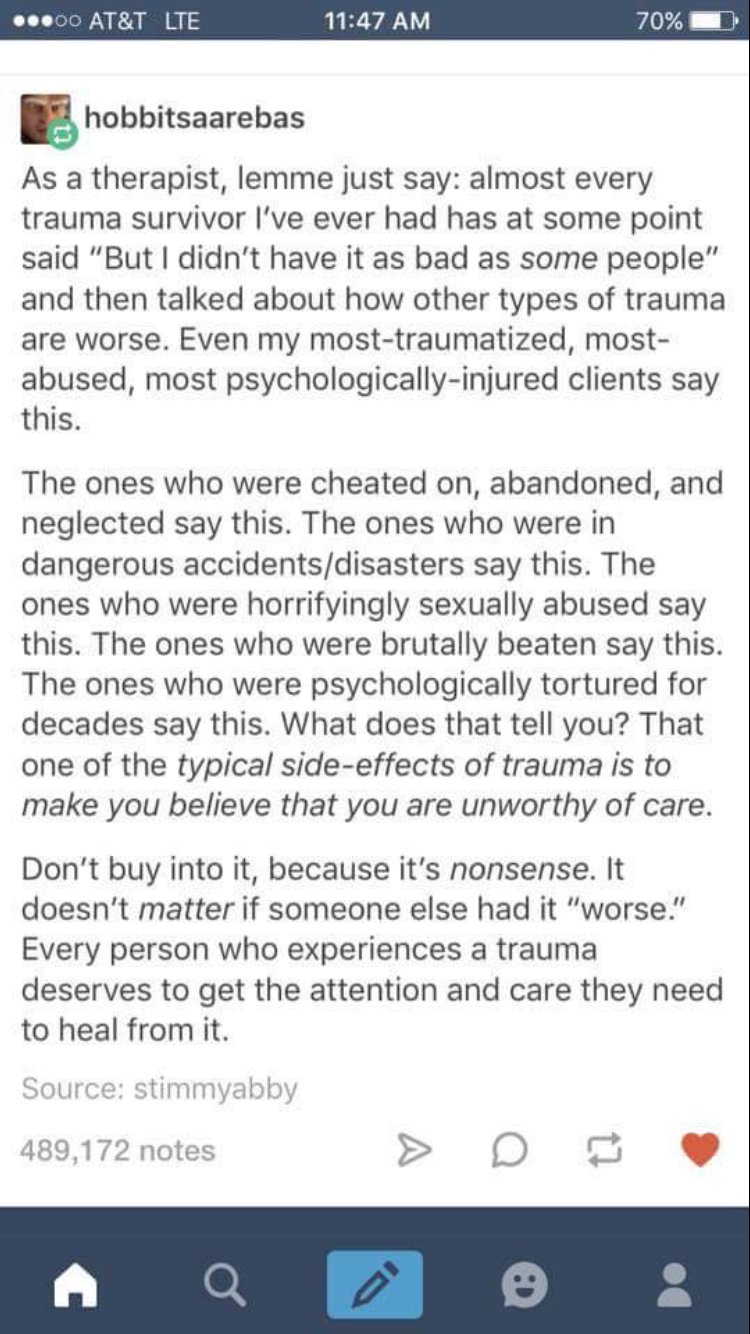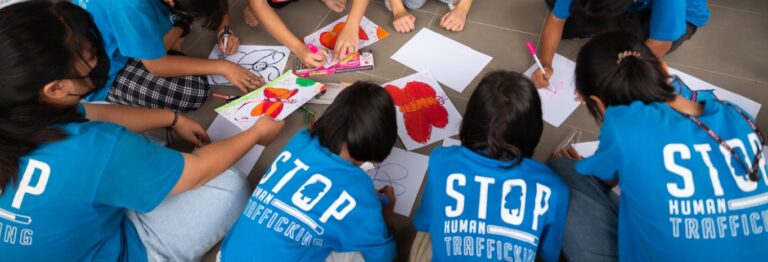Why More People Don’t Come Forward
One of the most immediate responses to human trafficking is rescue and rehabilitation. From policy makers to private individuals seeking to make a change, a great deal of attention and money go directly to victim services. One also might assume that victims, at the first available opportunity, would run directly for help and be grateful for any chance at support and escape.
However, this is not always the case. Many victims never come forward, and even given an opportunity to do so, may run the other way. Here’s some of the reasons why:
Professionals Untrained in Dealing With Trafficking Victims
Law enforcement and health care professionals are often the first line of defense against trafficking, and the first contact victims might make with the world outside trafficking. However, in the past, even excellent professionals have not always been trained to notice and identify trafficking victims. Trafficking victims may be seen and treated as prostitutes, street walkers, beggars, and “riff raff.” In the case of law enforcement, where these things are illegal, victims fear that coming forward would lead to arrest. Law enforcement professionals who haven’t been trained to identify trafficking victims, or who don’t take a victim-centered approach to investigations end up re-victimizing or further punishing victims.
In the case of health care professionals, victims might come forward for treatment of visible ailments (i.e., the physical ones), but a health care professional untrained in identifying trafficking victims may not realize there are a score of other ailments, such as the emotional ones (ie. the trauma of abuse), that go undiagnosed. Importantly, the visit with the doctor might be a wasted opportunity to get the victim out of a trafficking situation by alerting the proper authorities, if the case is not properly understood.
Moreover, it must be acknowledged that some professionals aren’t always “professional.” Not all nurses, doctors, or police officers give unbiased care. Whether it is racial or ethnic discrimination, or subtle biases against people who are low in social status, who don’t “talk right” (either due to lack of education, or because they don’t speak the language), or who can be “difficult” to deal with, discrimination against trafficking victims happens for a variety of reasons.
The stigma and shame of being so abused, and of being bought and sold for sex can be an incredible burden. There was a local case where a teenage victim of trafficking went to a hospital for treatment, and after seeing the doctor, went to an upper story of the hospital, and jumped from a window to his death. No one knows what the doctor must have said––only that the doctor’s words were the last ones spoken to him.
Fear of Imprisonment or Deportation
In areas where prostitution is illegal, many victims don’t come forward because they are afraid of going to jail.
In the case of trafficking across borders without documents or with fake ones, or in the case of ethnic minorities who lack full citizen rights, the fear might be of deportation.
Deportation also does not always mean a ticket home. For ethnic minorities like many hill tribes, Thailand is the only home they’ve ever known. For others, home may also be a site of abuse they want to escape. For still others, traffickers may be waiting to threaten family and other loved ones.
Sometimes, the sex industry seems like the “safer” place to be.
Don’t See Themselves as Victims
Victims of abuse often don’t see themselves as victims. They may think their situation is not as bad as what others have suffered, so they don’t need or deserve help. Or, to the extent that they made choices they feel led to their trafficking situation, they may feel that they deserve to be where they are.
People don’t have to be angels in order to deserve help.
Barriers to Trust
For many trafficking victims, the trafficking situation was not the first time someone broke their trust. Often, victims suffer layers of trauma, and have histories of abuse going back to their childhood. Establishing trust is essential to being able to provide any kind of care for a victim, whether medical, legal, or psychological. But for many, trust is so broken, so damaged, even the act of telling someone their story is a barrier too high.
What We Can Do
Over the years, attitudes and awareness about trafficking has changed, and committed, caring professionals are developing best practices and standards on how to identify and care for victims of trafficking. Initiatives to spread awareness across health care and law enforcement industries, as well as others, have been instrumental in growing the number of safe places victims can turn to. The key remains to help develop these best practices in relevant industries, and to spread awareness to the wider society about how trafficking can happen––and that if it happens to you, it’s not your fault, and where to get informed and sensitive care.





